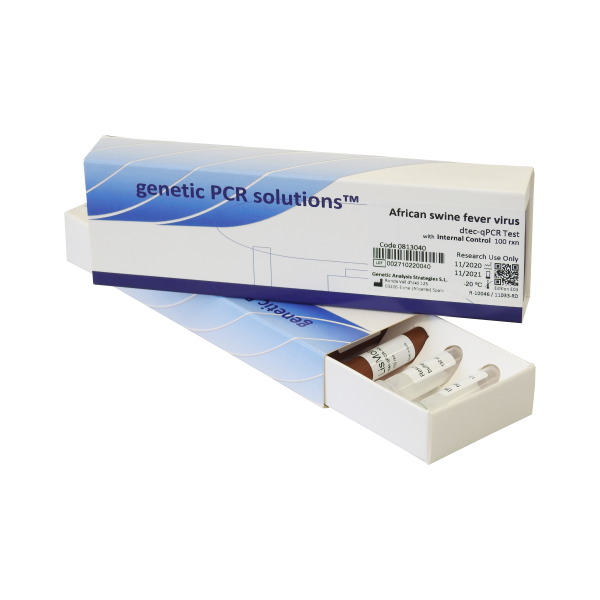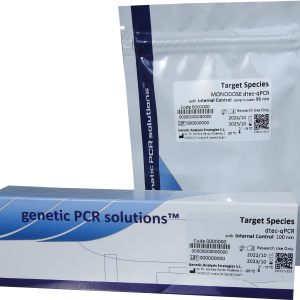
Bacillus cereus
Description
The BacCer dtec-qPCR comprises a series of specific targeted reagents designed for Bacillus cereus detection by using qPCR. Bacillus cereus is a rod-shaped, motile, Gram-positive bacterium commonly found in soil and food. Some strains are harmful to humans and cause foodborne illness, while other strains can be beneficial as probiotics for animals. It is distributed widely in nature and is commonly found in the soil as a saprophytic organism. B. cereus is also a contributor to the microflora of insects, deriving nutrients from its host, and is found in the rhizosphere of some plants. Food poisoning occurs when food is left without refrigeration for several hours before being served. B. cereus causes two types of food poisoning in humans, including diarrhoeal syndrome (which toxins are unresistant to temperature) and emetic syndrome (which toxin is resistant to temperature). Although it is commonly known to cause food-borne intoxications, it has been additionally reported to cause local and systemic infections, as an opportunistic pathogen, especially among immunocompromised patients, newborns, and patients with surgical wounds.
Kit Content and Prices
GPS™ primers and probes are sold for research use only
All GPS™ Kits are available in F100 and MONODOSE Format
GPS™ reagents are compatible with all qPCR devices


